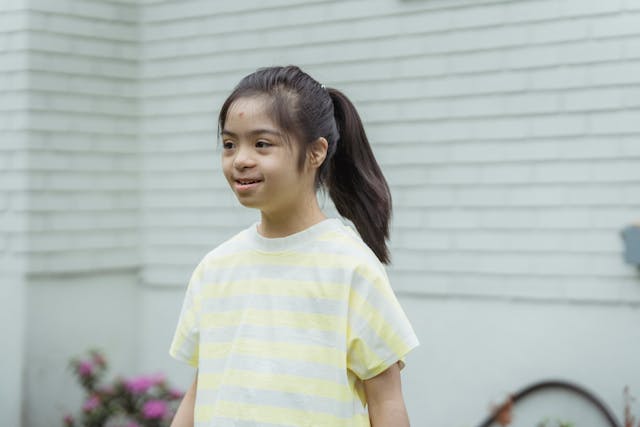Parenthood is a journey filled with joy, challenges, and surprises. One of the unexpected twists many parents face is navigating the world of Attention Deficit Hyperactivity Disorder (ADHD). In this article, we’ll delve into the nuances of ADHD, its impact on children, and practical tips for parents to support their child’s development.
In This Article
Recognizing ADHD in Children
From the moment you become a parent, you become attuned to every sign and change in your child’s behavior. However, identifying ADHD without a doctor’s diagnosis can be challenging. Common signs and symptoms include difficulty focusing, restlessness, impatience, and being easily distracted. While these behaviors may seem typical in children, they often manifest more severely in those with ADHD.
According to the Mayo Clinic, ADHD is a chronic condition characterized by persistent issues such as inattention, hyperactivity, and impulsivity. Despite its prevalence, ADHD is often overlooked or stigmatized, leading to a lack of discussion and support for affected families.
Understanding the Causes
The exact cause of ADHD remains elusive, with factors such as genetics and environmental influences playing significant roles. Studies have shown that individuals with ADHD may metabolize glucose more slowly in brain areas responsible for movement and attention. Additionally, factors like alcohol or drug use during pregnancy, lead poisoning, and dietary factors can increase the risk of ADHD.
Impact on Children and Families
Children with ADHD often face challenges in various aspects of their lives, including self-esteem, relationships, and academic performance. Their high levels of distractibility, impulsivity, and restlessness can turn everyday activities into exhausting and stressful experiences for both children and parents.
Parenting Strategies and Support
Navigating parenting a child with ADHD requires patience, understanding, and support. Here are ten practical tips for parents:
- Consistent Treatment: Follow prescribed treatments and therapy appointments diligently.
- Understanding: Identify your child’s areas of difficulty and work closely with therapists to tailor strategies for improvement.
- Taking One Step at a Time: Focus on gradual progress and offer praise and encouragement.
- Discipline with Love: Find discipline approaches that work for your child, aiming to improve rather than criticize.
- Setting Boundaries: Clearly communicate expectations and guide your child towards positive behavior.
- Open Communication: Discuss ADHD with your child, emphasizing that it’s not their fault and offering ongoing support.
- Special Bonding Time: Allocate dedicated time for activities with your child, providing undivided attention.
- Acknowledging Positive Behaviors: Offer specific praise for good behavior to reinforce positive habits.
- Collaboration with School: Maintain open communication with teachers to support your child’s academic progress.
- Seeking Support: Connect with local support groups and other parents of children with ADHD for guidance and shared experiences.
Looking Towards the Future
While parenting a child with ADHD presents unique challenges, early intervention and support can make a significant difference in their development. With patience, understanding, and acceptance, children with ADHD can thrive and lead fulfilling lives. It’s essential for parents to advocate for their child’s needs and foster a supportive environment both at home and in the community.
Final Thoughts
In conclusion, parenting a child with ADHD requires dedication and resilience, but with the right strategies and support systems in place, both children and families can navigate this journey with strength and positivity.
Featured Image by Nicola Barts
